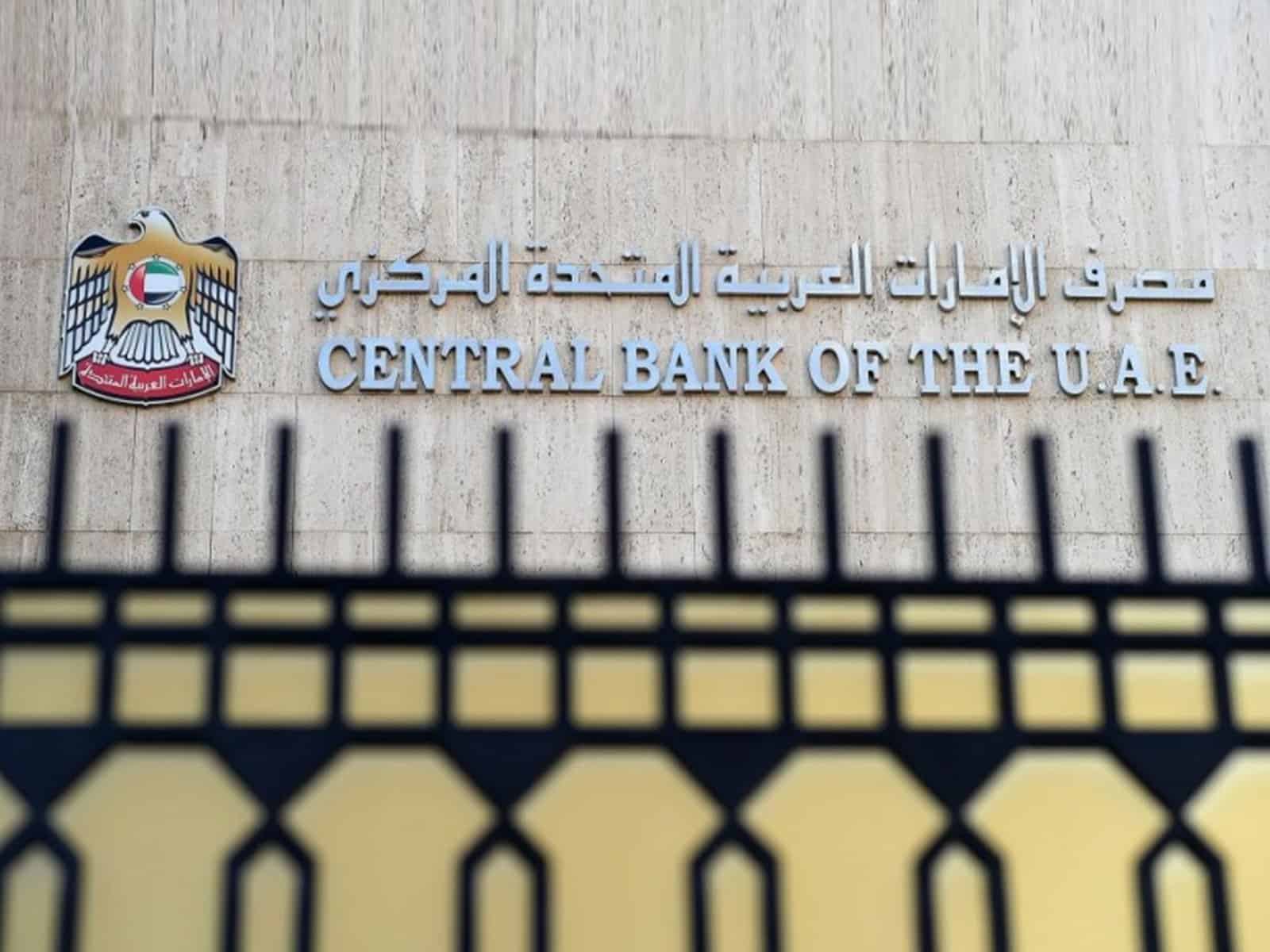Abu Dhabi, UAE–In a significant move that underscores the interconnectedness of global monetary policies, central banks across the Gulf Cooperation Council (GCC) have announced decisions to hold their interest rates steady, mirroring the recent actions of the US Federal Reserve.
This collective stance reflects a cautious approach to navigating the complexities of the current global economic environment.
The Central Bank of the United Arab Emirates (CBUAE) declared on Wednesday its decision to maintain the Base Rate applicable to the Overnight Deposit Facility (ODF) at an unchanged level of 5.40%. This announcement came shortly after the US Federal Reserve’s decision to keep the Interest on Reserve Balances (IORB) steady, highlighting the CBUAE’s strategic alignment with the Fed’s monetary policy stance.
The CBUAE also resolved to keep the interest rate applicable to borrowing short-term liquidity from the CBUAE at 50 basis points above the Base Rate for all standing credit facilities, further emphasizing its commitment to ensuring monetary stability.
The Base Rate’s linkage to the US Federal Reserve’s IORB underscores the significance of the Fed’s policies on the UAE’s monetary strategy. The CBUAE’s move signals the general stance of its monetary policy and aims to establish an effective floor for overnight money market interest rates within the country.
On a related note, the Qatar Central Bank (QCB) also made a similar announcement on Tuesday, choosing to maintain its current interest rates for deposit, lending, and repo.
The QCB’s decision follows a thorough assessment of the State of Qatar’s current monetary policies and economic conditions. Through a statement released on its official account on the X platform, the QCB emphasized its ongoing commitment to assessing economic conditions and maintaining financial stability, suggesting a readiness to adjust its monetary policy as necessary to meet evolving economic requirements.
The US Federal Reserve, on Wednesday, held its key interest rate steady and hinted at the possibility of rate cuts in the future, though suggesting a move in March might be unlikely despite a slowdown in inflation.
The Fed’s cautious stance and commitment to assessing incoming data and the balance of risks prior to making any adjustments to the federal funds rate have clearly influenced monetary policy decisions within the GCC.
The coordinated approach of GCC central banks in holding rates steady after the Fed’s announcement indicates a strategic regional response to global economic uncertainties. By aligning their monetary policies with those of the US Federal Reserve, GCC countries demonstrate a nuanced understanding of the global economic landscape and a commitment to ensuring the stability and growth of their economies amidst challenging conditions.








